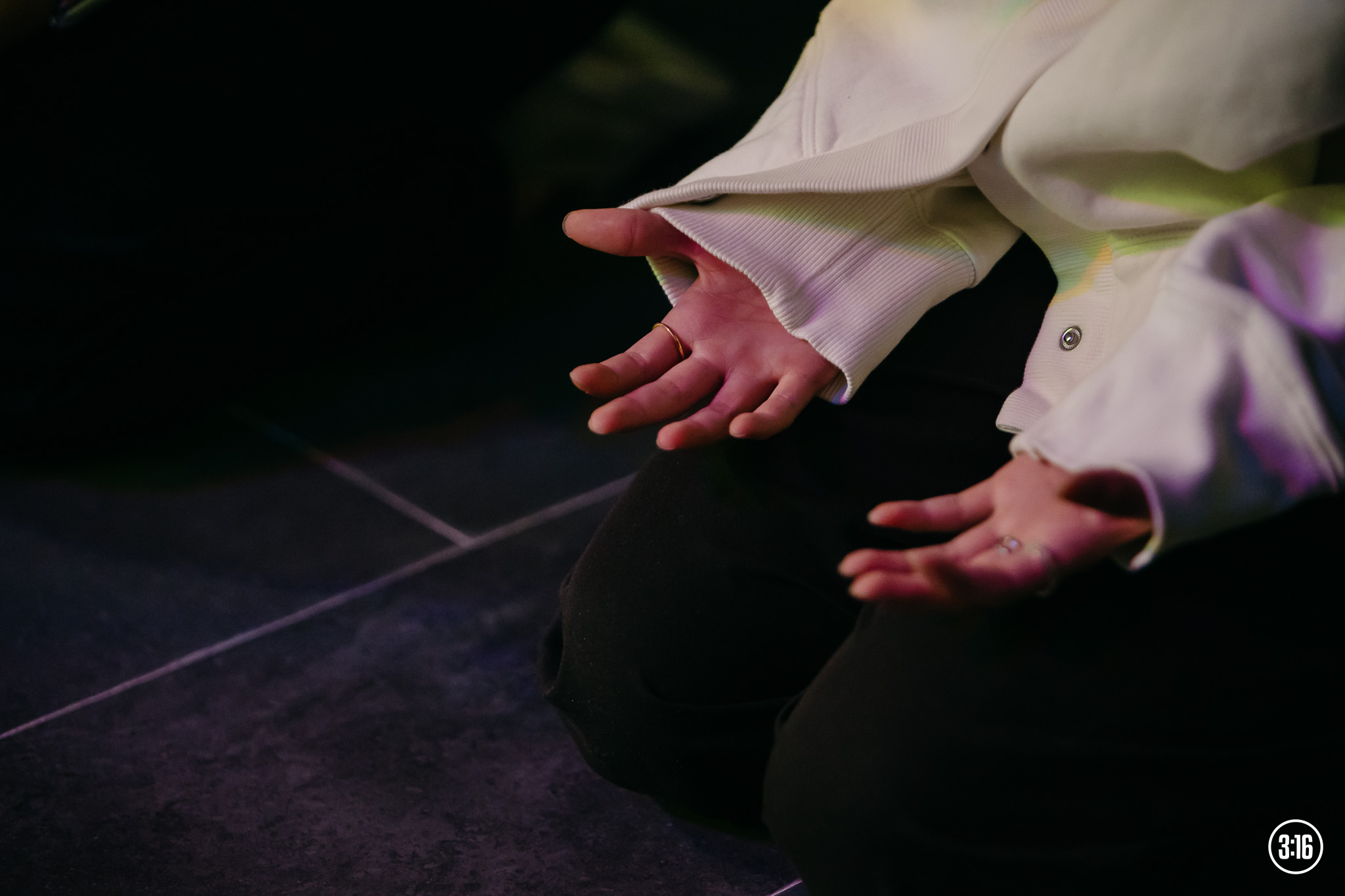For 16 years of my life, I lived through my days following the norms set before me and in the way I felt life should be lived – mostly happy, with tinges of frustrations and sadness along the way which couldn’t really be helped.
I was decently satisfied with where I was for I had no glaring lack or deep-rooted sadness that could rock my boat; there was nothing that would have caused a rude shock or awakening.
At 16, I delved deep into a new world of atheism. I believe that hurt and pain in one’s life tend to bring a singular question to mind: “Why?” Perhaps it was during some of those moments in my life that I began to give some thought to my existence and later – how the entire universe came to be.
Atheism made the most sense to me then, and a quote that I came across years later summed up my past sentiments rather neatly.
“Human existence may be simpler than we thought. There is no predestination, no unfathomed mystery of life. Demons and gods do not vie for our allegiance. Instead, we are self-made, independent, alone, and fragile, a biological species adapted to live in a biological world. What counts for long-term survival is intelligent self-understanding, based upon a greater independence of thought than that tolerated today even in our most advanced democratic societies.” (Edward O. Wilson, The Meaning of Human Existence)
Having been in the Christian faith for 6 years since, I can now easily find the loopholes in my past arguments and ways of thought. I was also never the best spokesperson for atheism, even back then. But I felt strongly for what I believed in, just as religious people do when met with counter-arguments.
I would gladly sit my religious friends and acquaintances down for a friendly or heated debate just to bring my point across. What I believed was important to me, and it was important because my very existence had come to hinge upon what I could articulate to naysayers.
More often than not, I would leave the debate in triumph, tucking yet another victory under my wing.
A JC classmate of mine invited me to his church for an Easter service 6 years ago.
Why I agreed to go as an avid atheist is a story for another time, but the shorter version of the story is that my classmate had helped me greatly, and I agreed to attend the service simply to return the favour.
Honestly, I was underwhelmed by the service, and did not in any way feel “touched” by God. I was bewildered by the unabashed expressions of singing and dancing and also by the speaking of tongues. I concluded to myself by the end of the service that these people were either somehow collectively mad, or unknowingly involved in a cult.
What I believed was important to me, and it was important because my very existence had come to hinge upon what I could articulate to naysayers.
My initial bewilderment led to a fierce determination to prove the church-goers wrong, and I continued to attend the services and even cell groups in order to better understand the severity of their delusion.
To better comprehend what I was up against, I picked up the Bible that was gifted to me by my cell group (who didn’t know better about this visitor’s intentions; deepest apologies), and pored over the pages day after day for research’s sake.

My conclusion about the reality of Jesus Christ did not come from a riveting sermon, nor did it arise from a single, divine touch from somewhere above.
For me, it took months of Bible reading – poring over Scripture for the sake of winning an argument. It took friends and acquaintances alike who took the time to listen to my doubts and questions, answered them as patiently as they knew how, and who were honest and sincere enough to let me know when they did not have the answer but came back days, or weeks later with their personal responses.
Above all, as I reflect upon my own story of coming to faith, it was about the recognition of humility.
‘Never argue with the sinner’s Friend. When your heart is heavy, when you think you are the greatest of sinners, remember that you are a greater sinner than you think. Though your conscience has rated you very low, you may go even lower and still be in the right place. For, to tell you the truth, you are as bad as bad can be. You are worse than your darkest thoughts have ever painted you. You are a wretch most undeserving and hell-deserving. Apart from sovereign grace your case is hopeless. If you were now in hell, you would have no cause to complain against the justice of God, for you deserve to be there. If you have not yet found mercy, I fervently desire that you would agree with the severest of declarations of God’s Word. They are all true, and they all apply to you. Oh, that you would say, “Yes, Lord. I do not have a syllable to say in self-defense!”’ (Charles Spurgeon, Praying Successfully)
I came across this passage by Spurgeon at the same time as when I read the one by Wilson. Some thoughts I penned down several months ago after reading the passages remind me again why recognising humility lies at the core of my coming to the Christian faith.
This is what I wrote: “My belief in God as the Creator is fundamental to my desire to accept Spurgeon’s urges. My natural and immediate instinct is to feel uncomfortable and offended at encouragements to put myself down. I write this with some caution because by no means do I agree that we should see ourselves as the lowest of the low for the sake of our self-esteem.
No, what I realise is that there is a need to be upfront and frank about my corruption by sin that deems me undeserving of any form of salvation. I believe that the idea of salvation is either of no interest to some, or that there is a subconscious belief that we do deserve to be saved. Offence comes into the picture when this entitlement is challenged and even more so, put down and ridiculed.
But that is my point. There is no single individual who is entitled to salvation, and that is why I also accept Spurgeon’s use of the word “hell-deserving”. As harsh as it sounds, this is the kind of rude awakening that I need. The place at which God does not reside is where I deserve to belong, but my destination has changed only and only by the sovereign grace of God who has demonstrated His invitation of salvation by the death and resurrection of Jesus, His Son.
I re-read the two passages by Wilson and Spurgeon again and recognise, in all humility, that my agreement with the latter is possible only because I have decided to know God and be known by Him.”

“But who are you, a human being, to talk back to God? “Shall what is formed say to the one who formed it, ‘Why did you make me like this?’” Does not the potter have the right to make out of the same lump of clay some pottery for special purposes and some for common use?” (Romans 9:20-21)
6 years ago, I came to recognise God as the Potter of my life and the Beholder of my eternity.
My story is but one of many, many out there that tells of a Father who relentlessly pursues His children. I await with a quiet joy rising in my heart, for many more out there to go on their own journeys of faith.
May they also come to know the God who always pursues us.









